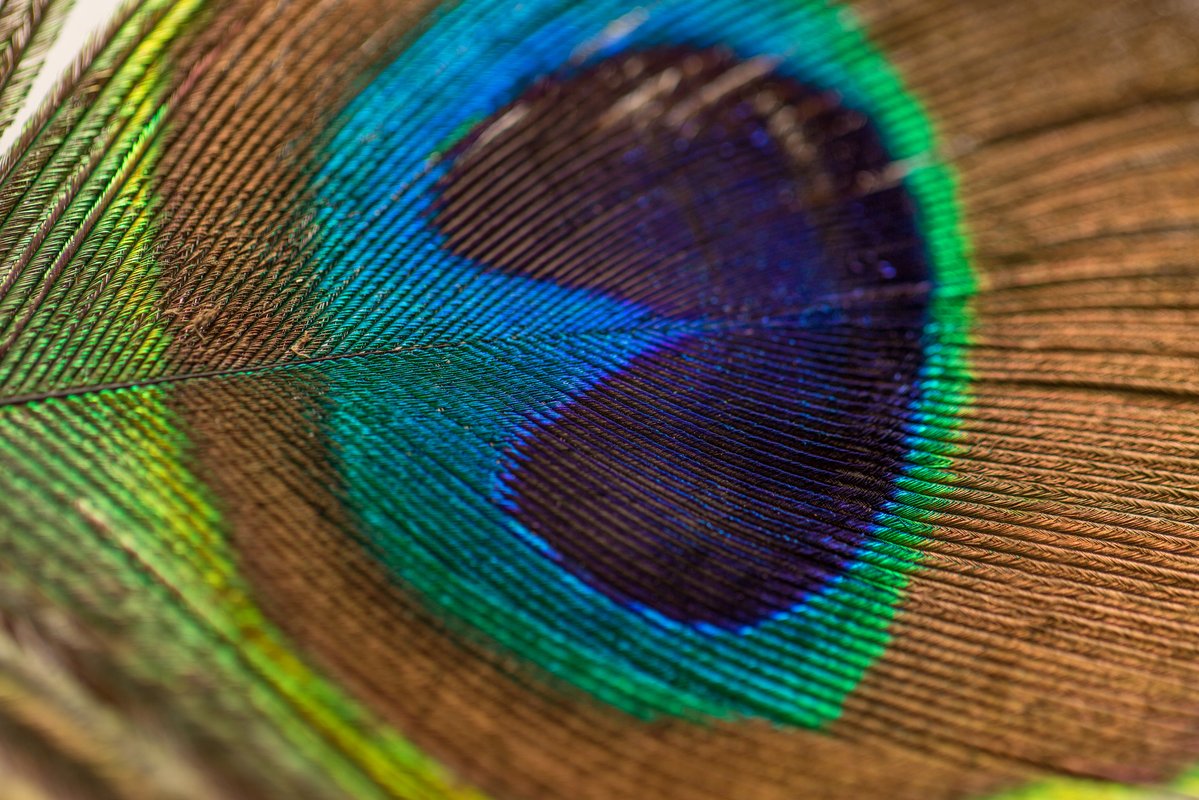LAK - National Species Mapping
Species distribution data is essential for daily conservation work. Information about species occurrence is a basis for specific protective actions. At the same time, they help to evaluate the technical planning transactions. Current distribution maps are also an essential part in the evaluation of conservation conditions of species as required in the Fauna-Flora-Habitat-Directive (FFH).
The German state Baden-Württemberg wants to close the currently existing data gaps in different ways. Extremely rare and high-endangered species were frequently surveyed as part of the Species- and Biotope Conservation Program Baden-Württemberg. This also includes special protective measures, which were planned and implemented in this program.
Considering the more popular species, the state wants to rely more often on the active volunteering in nature conservation, which has been committed for the protection und preservation of species since years.
In 2014 the German state Baden-Württemberg launched a pilot project together with the State Museum of National History Stuttgart and the nature conservation associations ABS, BUND, LVN and NABU: “National species mapping – amphibian and reptiles”.
Find more information on: https://www.lubw.baden-wuerttemberg.de/natur-und-landschaft/landesweite-artenkartierung-lak
Malacological working group Baden Württemberg (at the Stuttgart State Museum of Natural History)
In 2014, the malacological working group BW was re-activated. Its last important activity consisted in the publication of the red list of molluscs of Baden-Württemberg in 2008. Since re-establishment a meeting in spring at the Stuttgart State Museum of Natural History (general information exchange, planning activities, talks) and a three-days-excursion in autumn to various regions of the state take place on a regular basis. The excursions try to close major gaps in existing distribution data and serves the recruitment and training of young and future malacologists.
The main goal of the working group is the improvement of the knowledge on the local malacological fauna. This encompasses the digital collection and aggregation of existing distribution data, the continous update and analyses of the regional bibliography as well as mapping activities focussed on species, habitats or regions and the re-evaluation of critical records and species identifications.
Everybody interested in malacology is welcome to join the working group and its activities.
Head of the working group: Dr. Ira Richling

